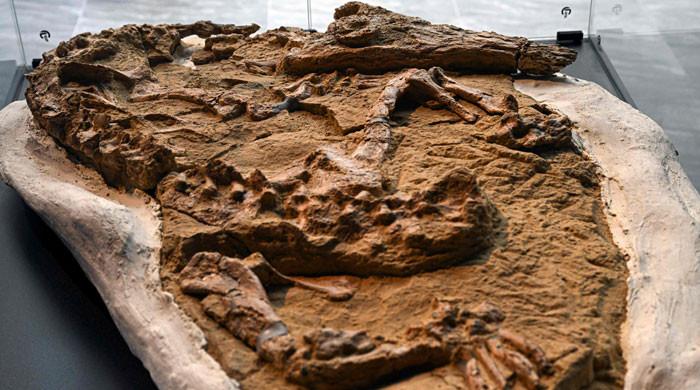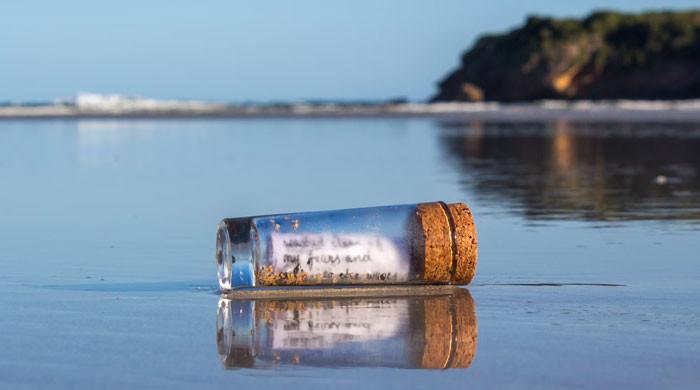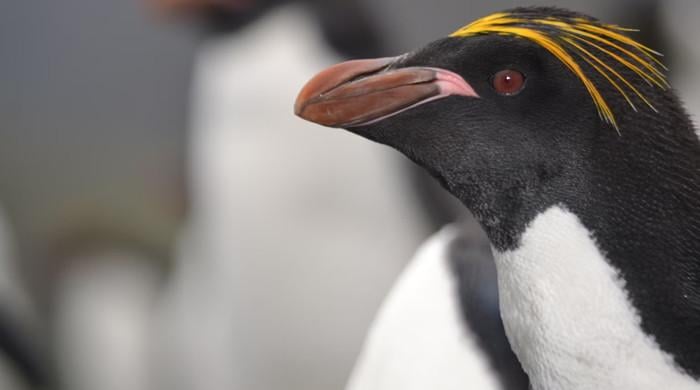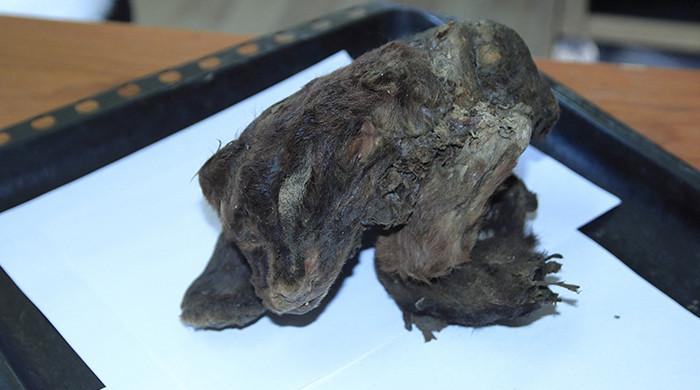French amputee surfs again in 'revenge' on shark
Dargent teamed up with snowboarding amputee Patrice Barattero to invent a prosthetic knee specially adapted to the sports
September 30, 2016
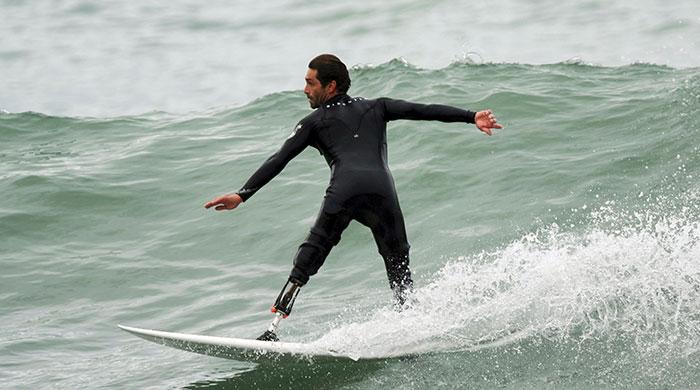
SAINT-JEAN-DE-LUZ, FRANCE: After losing his left leg in a shark attack in 2011, avid surfer Eric Dargent wasted little time rueing his misfortune, setting out to get his "revenge".
"Just a few days after the accident I already wanted to get back on a surfboard," he said.
Dargent, now 39, teamed up with snowboarding amputee Patrice Barattero to invent a prosthetic knee specially adapted to their sports, with the help of a vocational high school and an orthopaedic specialist.
The artificial knee, which is resistant to both sea water and low temperatures, incorporates a hydraulic shock absorber that is used in mountain bikes.
"A lot of things are different, but at the same time there are parallels with an able-bodied person," Dargent said.
"There’s this motivation, this energy, this revenge," he said after carving the waves off Saint-Jean-de-Luz in southwestern France.
"The pleasure is there, it’s maybe even greater," said the native of Martigues, outside the southern French city of Marseille, looking relaxed and sporting a three-day-old beard. "I forget about my handicap when I’m in the water."
With the prosthesis, now marketed as the Easy Ride sports knee by the French company Proteor, Dargent won France’s inaugural adaptive surfing championship last year, when he also came in fifth in the world championships, held in California.
It was in February 2011 during a trip to Reunion that Dargent was attacked by a shark, on the west side of the French Indian Ocean island which had previously been considered safe.
"My leg was ripped off in a few seconds. I didn’t realise it right away," Dargent said, almost mechanically. "Luckily I wasn’t far from shore."
The mangled leg had to be amputated, leaving only a short stump.
‘Better than an anti-depressant’
Experts advised Dargent to take up a different sport because the amputation was too high above the knee.
But orthopaedic specialist Bertrand Tourret-Couderc, moved by Dargent’s tenacity, decided to back him.
"For Eric, getting back on a surfboard was as important as being able to walk again," Tourret-Couderc told AFP.
Proteor perfected the device and began marketing it a few months ago for some 3,000 euros ($3,400), a good deal cheaper than some sports prostheses that can cost as much as 8,000 euros.
Prostheses adapted for sports are not reimbursed in France as a medical expense, "even though sports contribute to well-being and health," Dargent said, adding: "Sometimes it’s more effective than an anti-depressant."
Dargent did not go back to his job as a nurse after the accident, and has instead created an association, Surfeurs Dargent, to promote sports for handicapped people.
With surfing to be included in the next Olympic Games, in Tokyo in 2020, Dargent said he hoped the Paralympics will soon accept adaptive surfing.
"At least we maybe will have paved the way."
After defending his adaptive surfing title in Biarritz, near Saint-Jean-de-Luz, next month, Dargent will fly to California to try to improve on his fifth-placed result in the world championships last year.
Then in January he is headed to Indonesia where he plans to shoot a film on adaptive surfing, hoping in the meantime to attract sponsors.




